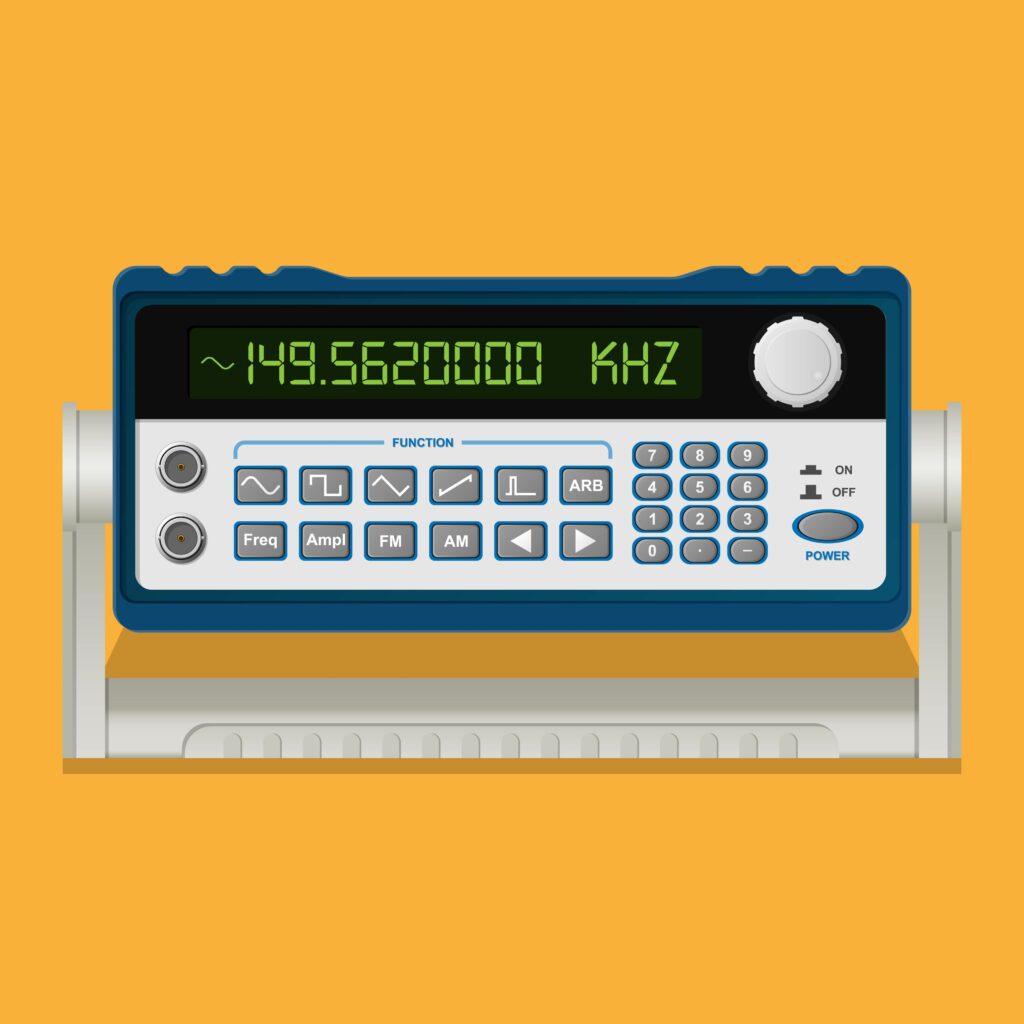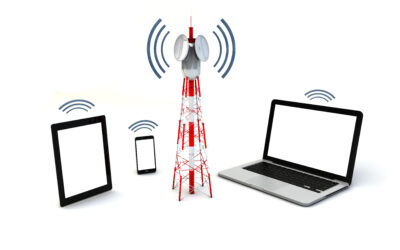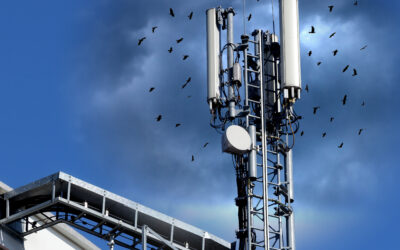How RF Signal Generators Drive Effective Testing Practices

In the world of technology, the need for accurate and reliable testing practices is more critical than ever. RF (Radio Frequency) signal generators play a pivotal role in enabling engineers and technicians to test, validate, and troubleshoot a wide range of electronic devices and systems that rely on RF technology. From telecommunications to aerospace, automotive, and beyond, RF signal generators are indispensable tools for ensuring the quality and performance of RF devices. This article discusses how RF signal generators drive effective testing practices and the importance of using these sophisticated instruments in various industries.
Understanding RF Signal Generators
RF signal generators are electronic devices that are designed to generate RF signals across a broad frequency range. These signals are used in testing RF equipment such as antennas, amplifiers, filters, and receivers to evaluate their performance, validate specifications, and troubleshoot any issues that may arise. RF signal generators can produce different types of modulation such as amplitude modulation (AM), frequency modulation (FM), and phase modulation (PM), allowing engineers to simulate real-world RF conditions in controlled laboratory settings.
Advantages of Using RF Signal Generators in Testing
One of the key advantages of using RF signal generators is their ability to provide precise and stable RF signals, ensuring that test measurements are accurate and reliable. By controlling the frequency, amplitude, modulation, and other parameters of the RF signal, engineers can replicate various RF scenarios and conditions to validate the performance of RF devices across different operating environments. Additionally, RF signal generators offer a high level of flexibility, allowing users to generate complex waveforms and signals with ease, making them versatile tools for a wide range of testing applications.
Applications of RF Signal Generators
RF signal generators find applications in a myriad of industries, including telecommunications, aerospace, defense, automotive, and medical devices. In the telecommunications sector, RF signal generators are used to test and calibrate communication equipment such as cell phones, routers, and base stations to ensure seamless connectivity and performance. In the aerospace and defense industries, RF signal generators are indispensable for testing radar systems, electronic warfare systems, and satellite communications equipment to guarantee optimal functionality and reliability.
Importance of Compliance Testing with RF Signal Generators
Compliance testing with RF signal generators is crucial to ensure that RF devices and systems meet regulatory standards and specifications. Organizations like Smith & Fisher specialize in surveying sites to ensure compliance with RF radiation exposure/protection guidelines set by governing bodies such as the FCC and OSHA. By conducting thorough RF testing using signal generators, companies can mitigate risks related to RF exposure, protect workers and the public from potential health hazards, and avoid costly regulatory penalties.
Conclusion
RF signal generators play a vital role in driving effective testing practices across various industries by providing engineers and technicians with the tools needed to test, validate, and troubleshoot RF devices and systems. By leveraging the capabilities of RF signal generators, companies can ensure the quality, performance, and compliance of their RF equipment, ultimately leading to improved reliability and safety. For expert RF testing services and compliance solutions, organizations can rely on industry leaders like Smith & Fisher. Contact us today for personalized RF testing services tailored to your specific needs.
Recent Posts
- RF Safety: The Silent Protector of Wireless Communication
- How RF Signal Generators Drive Effective Testing Practices
- How Radio Frequency (RF) Testing Enhances Connectivity and Reliability
- The Importance of RF Education in Today’s Tech Landscape
- What to Expect During a Radiofrequency Radiation Site Inspection?






